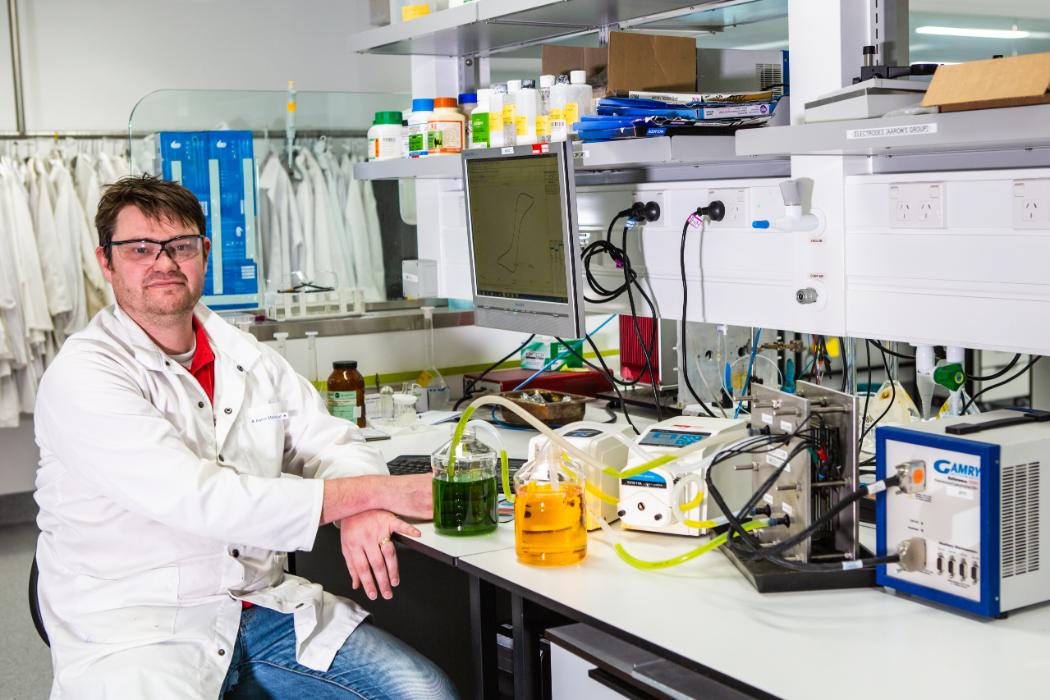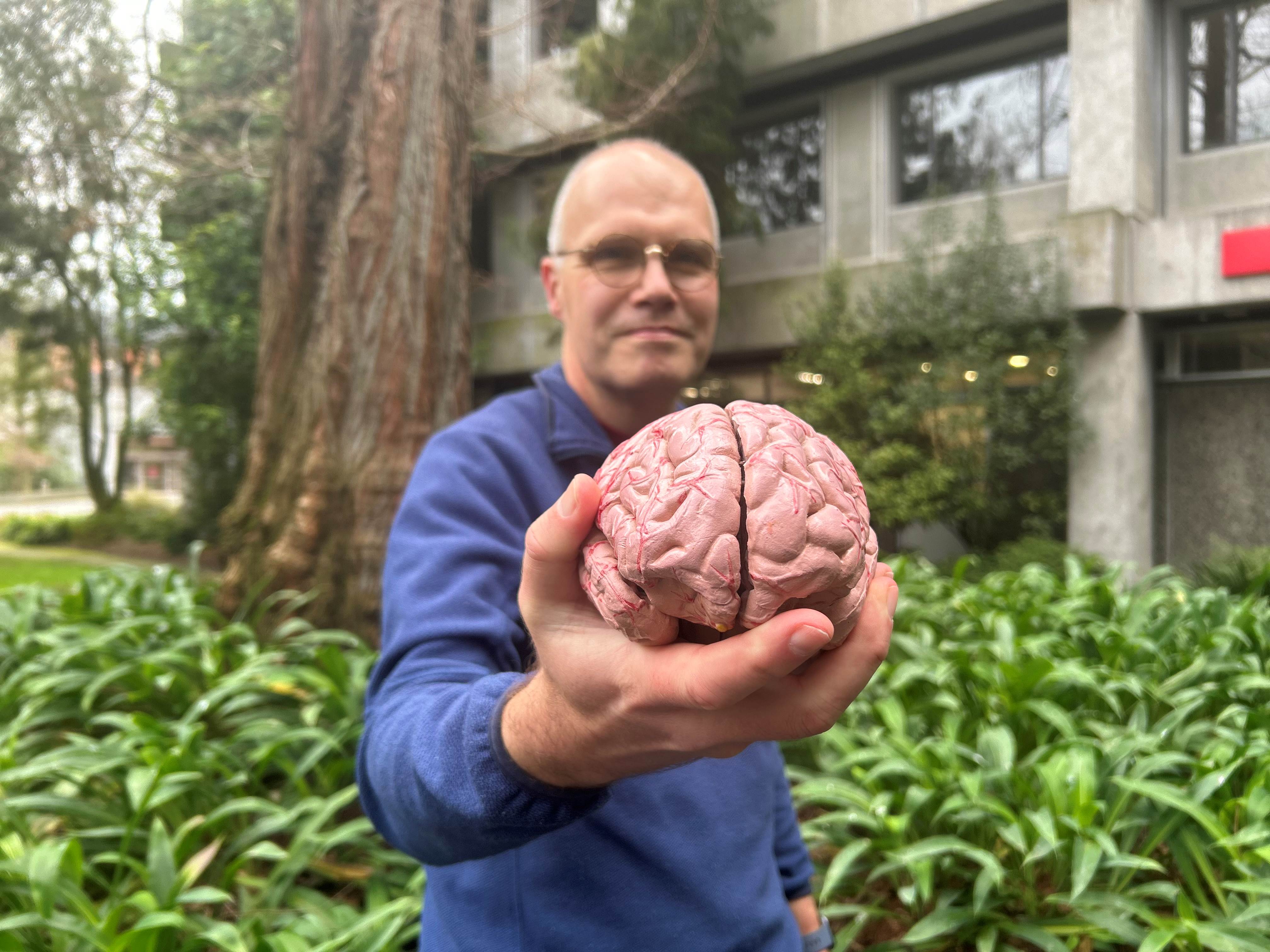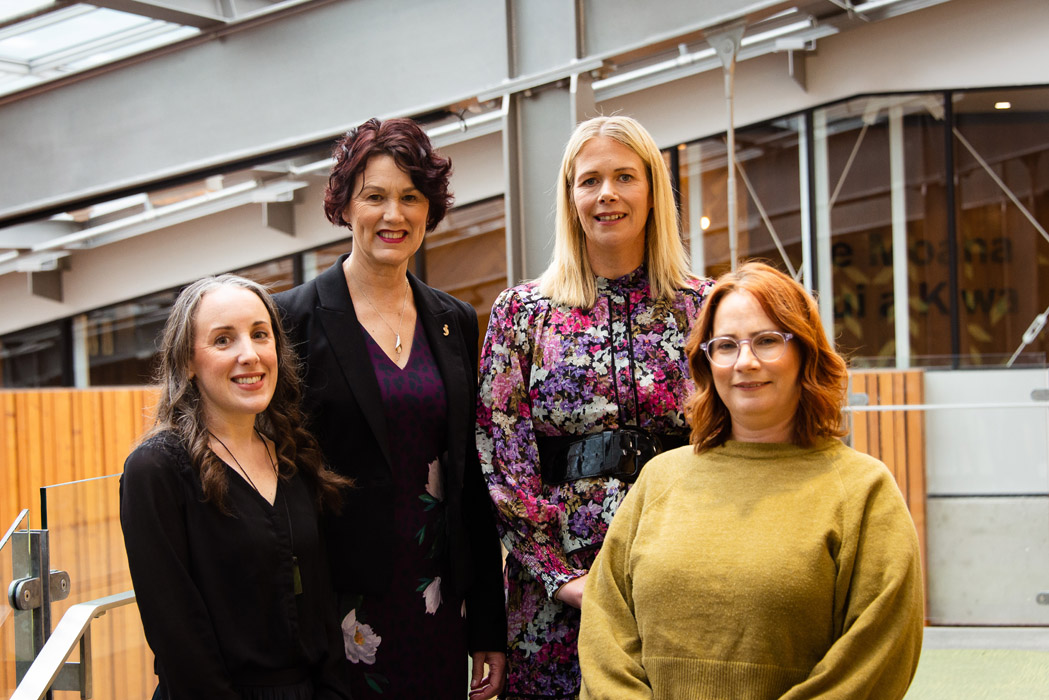University of Canterbury (UC) Associate Professor Aaron Marshall thinks so and is developing redox flow batteries as a viable energy storage system that will never wear.
Associate Professor Aaron Marshall from the College of Engineering’s Chemical and Process Engineering department is working towards developing a stable, reliable, cost-effective redox flow battery alternative to the traditional Lithium-ion (Li-ion).
“Supply and demand is the biggest problem with renewable energy. Most of our electricity isn’t used during daylight hours, therefore we need a reliable, stable way of storing energy,” he says.
In Li-ion batteries, the energy is stored when Li ions react with and absorb into the solid electrodes. This physically changes the electrodes, making them expand and contract during the charging and discharging process. Redox flow batteries are very different. The electrodes don’t change, instead the system uses tanks of liquid, made up of metals dissolved in a solution, which is charged and discharged.
“The constant changing of the physical structure in a Li-ion battery eventually wears out the electrodes, to the point where they can’t absorb as much energy. Over time you will only be able to charge your battery to 50% and, because it’s not easily recyclable, the average consumer simply replaces the battery. Redox flow batteries don’t lose charging capacity over time because the solution doesn’t wear,” he says.
This makes redox flow batteries sound very attractive, but there are challenges to making it a viable option.
“One challenge to redox flow batteries at this stage is how slow the battery can be charged and discharged. In order to release a comparable amount of power as Li-ion batteries, the flow battery electrodes need to be big – impractically big.”
“We are working towards developing a more viable system. If we can halve the size of the electrodes by doubling the speed of the reaction, then we can reduce the cost. If we can make a cheaper system that is comparable in price to a Li-ion battery, but lasts at least twice as long and is more stable wouldn’t that be attractive?”
“And the most exciting part is, we are only scratching the surface. These batteries could be cheap and robust solutions to large-scale energy storage.”
“Redox flow batteries are already used as nuclear power backup because of the stability and reliability to store and not lose power over long periods of time, but I think over the next four to five years this type of system will become much more common.”
For more information or media interviews contact:
Associate Professor Aaron Marshall, University of Canterbury, College of Engineering, Chemical and Process Engineering, aaron.marshall@canterbury.ac.nz, Phone: +6433694093










